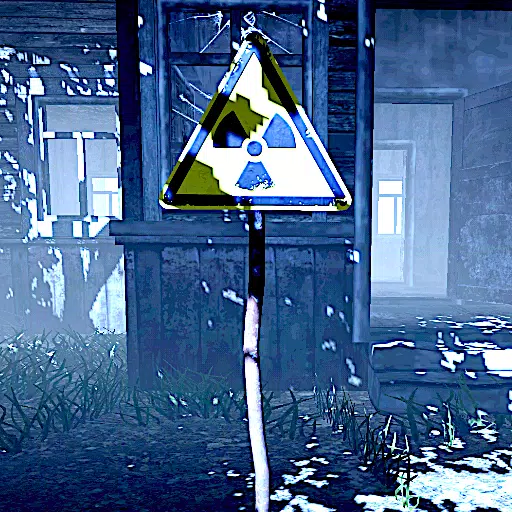"8 Surprising Cases of Outdated Tech in Use Today"
In today's fast-paced world, where technological upgrades are the norm, from the latest iPhones to cutting-edge graphics cards, older hardware often finds itself either resold or discarded. Yet, many of these seemingly outdated devices continue to serve vital roles in unexpected and impressive ways. Here are eight fascinating instances where vintage technology remains not just functional but crucial:
Table of Contents
- Retro Computers Mining Bitcoin
- A Reliable Mechanic’s Assistant Since the '80s
- Vintage Tech as a Bakery POS System
- Outdated Systems Managing Nuclear Arsenals
- Windows XP Powers Multi-Billion Dollar Aircraft Carrier
- Critical Airport Infrastructure Fails Due to Legacy Software
- Classic Hardware Used for Cutting-Edge Research
- Nostalgia Keeps Old Systems Alive
Retro Computers Mining Bitcoin
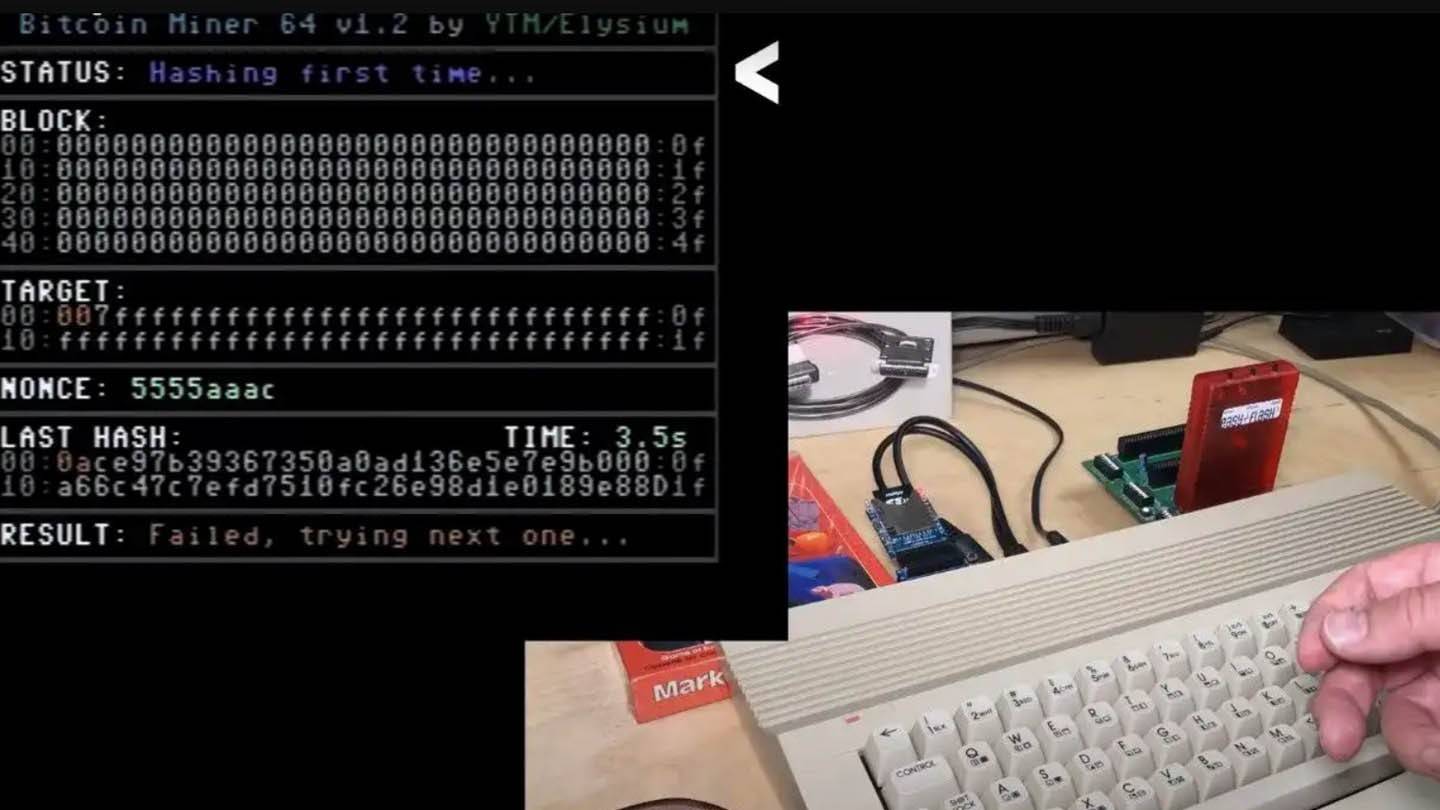 Image: x.com
Image: x.com
An enthusiast once showcased the potential of the Commodore 64, a 1982 computer, to mine Bitcoin. However, with its 8-bit, 1 MHz processor, it can only process 0.3 hashes per second. In comparison, an RTX 3080 GPU manages a staggering 100 million hashes per second. At this pace, mining one Bitcoin with a Commodore 64 would take about a billion years.
Similarly, a YouTuber named stacksmashing attempted to mine Bitcoin with a Nintendo Game Boy from 1989. By linking the console to the internet using a Raspberry Pi Pico microcontroller, he ran a mining program. The Game Boy, operating at 0.8 hashes per second, is slightly faster than the C64 but still approximately 125 trillion times slower than modern ASIC miners. Mining one Bitcoin with the Game Boy would take longer than the universe has existed.
A Reliable Mechanic’s Assistant Since the '80s
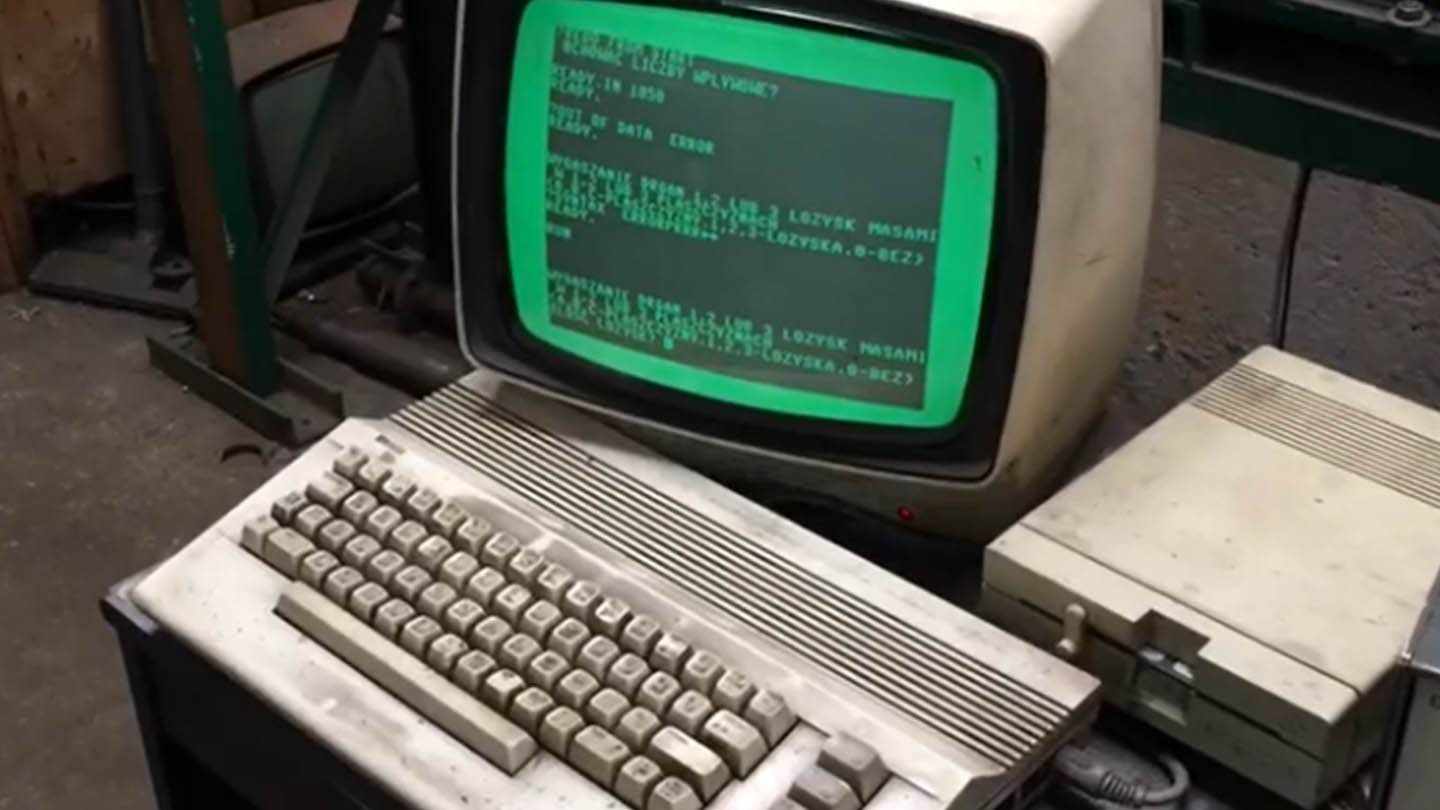 Image: x.com
Image: x.com
In Gdansk, Poland, a Commodore 64C has been a steadfast assistant to mechanics for over thirty years. Surviving a flood, this computer continues to perform calculations for drive shafts with precision. With its 1 MHz CPU and 64 KB of memory, the C64C runs custom software developed by the business owner, demonstrating that sometimes older technologies can outlast and outperform their modern counterparts.
Vintage Tech as a Bakery POS System
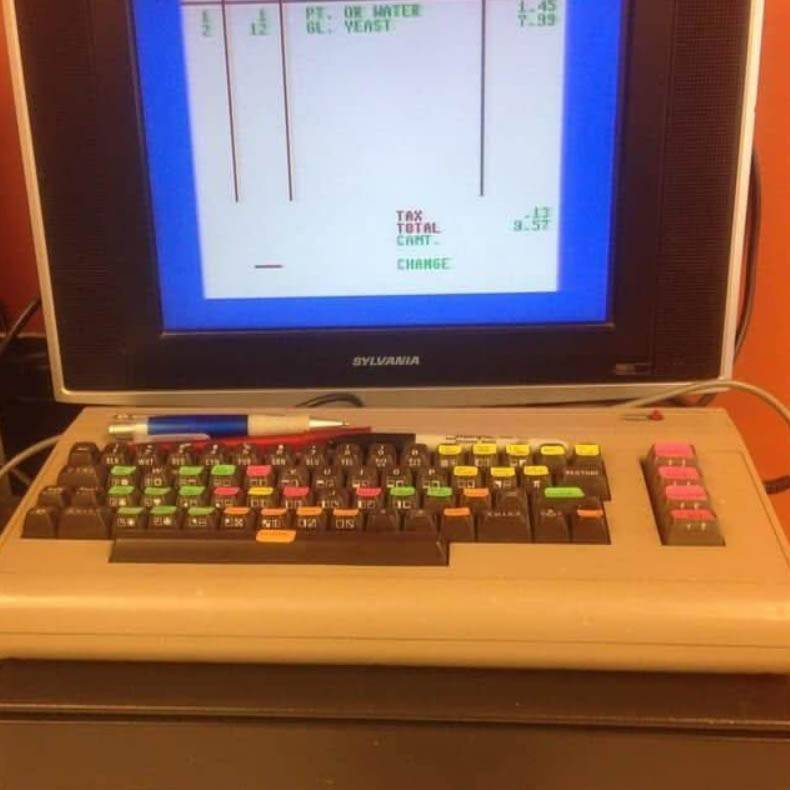 Image: x.com
Image: x.com
An Indiana bakery has utilized a Commodore 64 as its point-of-sale (POS) system since the 1980s. Affectionately known as the "breadbox," this computer functions as an online cash register. Unlike modern POS systems, which can be disrupted by software updates, the C64 remains reliable, requiring only updated keyboard labels for its baked goods.
Outdated Systems Managing Nuclear Arsenals
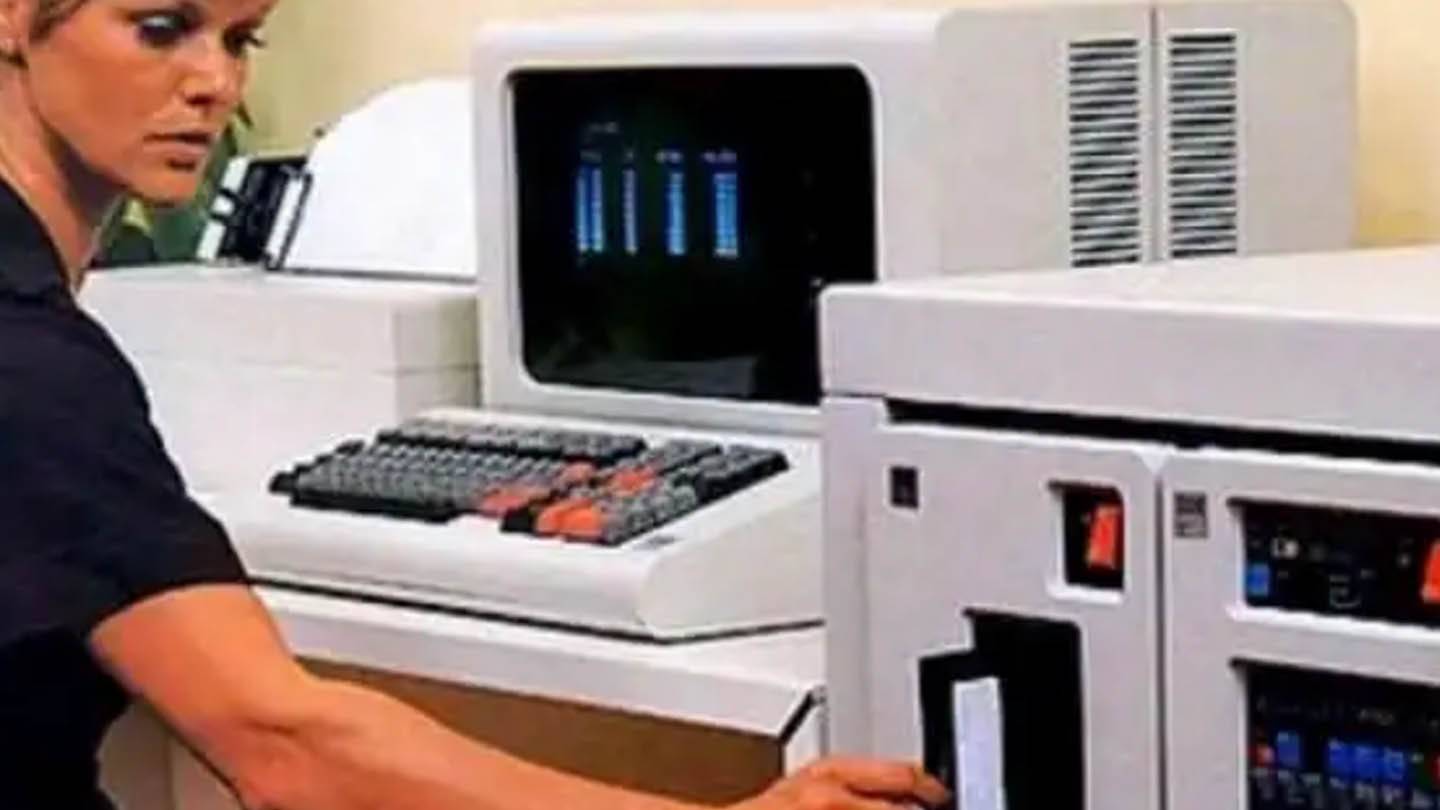 Image: x.com
Image: x.com
The United States manages its nuclear arsenal with an IBM computer from 1976, which uses 8-inch floppy disks with a storage capacity of around 80 KB, less than the average instant message. Despite plans for modernization, the system's proven reliability has kept it in use. Similarly, Germany's Brandenburg-class frigates, built in the 1990s, still use 8-inch floppy disks for data storage. Efforts to upgrade include installing floppy disk emulators, yet nostalgia and reliability keep the original systems in place.
Windows XP Powers Multi-Billion Dollar Aircraft Carrier
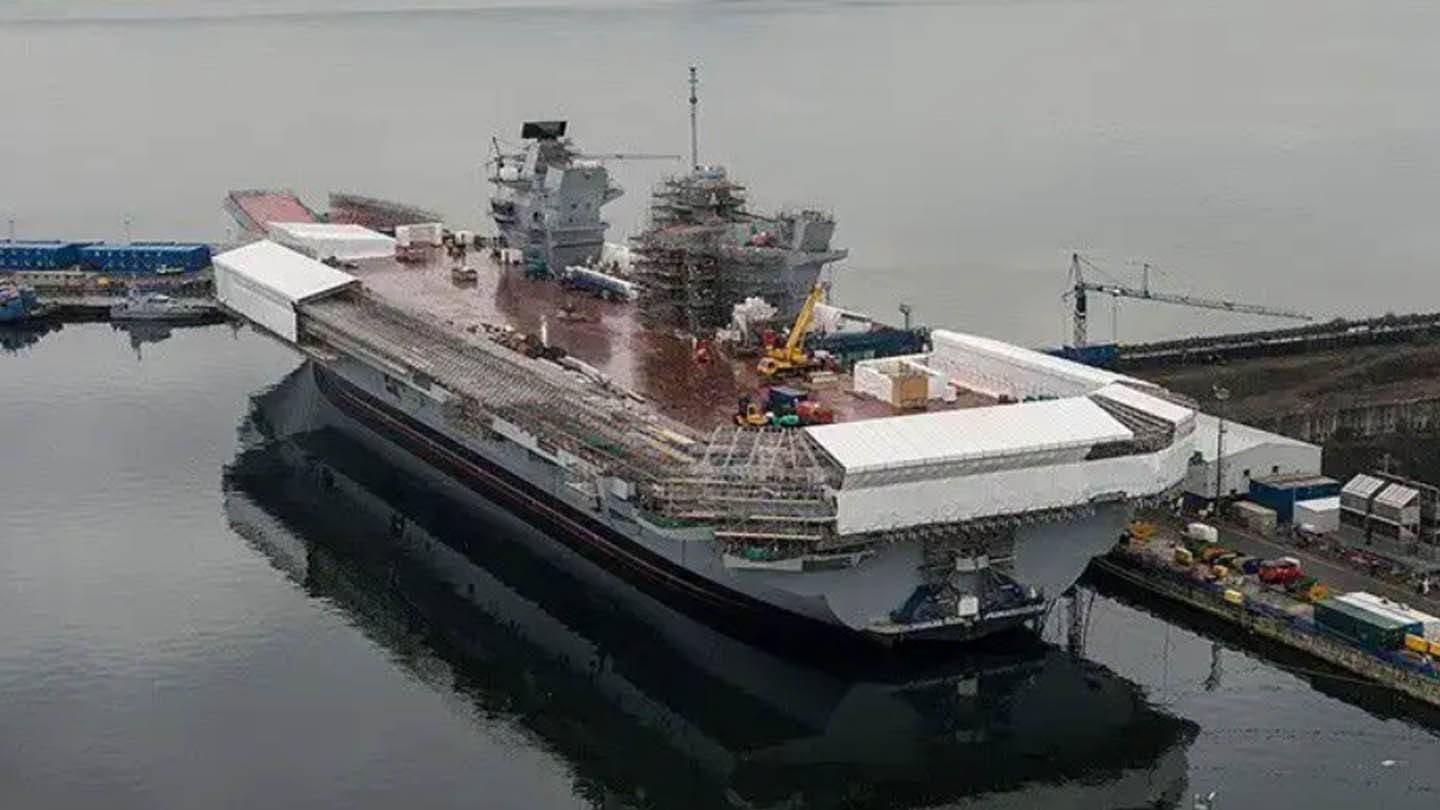 Image: x.com
Image: x.com
The HMS Queen Elizabeth, a British aircraft carrier costing billions, operates on Windows XP, an operating system discontinued in 2014. Despite the Royal Navy's assurance of robust security measures, the reliance on this outdated software raises concerns. Similarly, Britain's Vanguard-class submarines, including Victorious, Vigilant, and Vengeance, use Windows XP for managing intercontinental missiles. These systems remain offline for security, with no planned updates until 2028.
Critical Airport Infrastructure Fails Due to Legacy Software
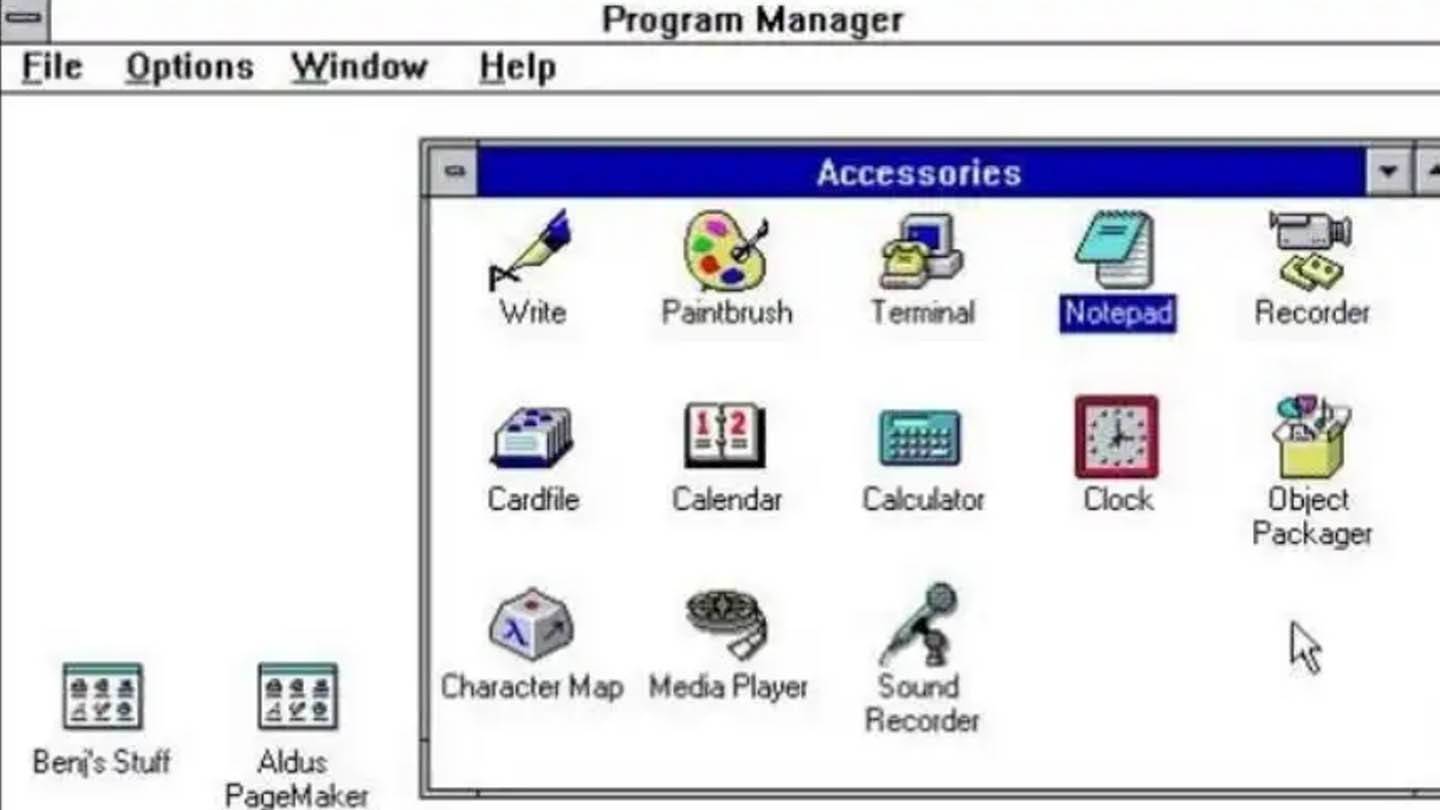 Image: x.com
Image: x.com
In 2015, Paris Orly Airport faced a crisis when a computer running Windows 3.1, a 1992 operating system, crashed. The DECOR software, crucial for providing pilots with weather data, failed, leading to flight suspensions for safety. Humorous comments suggested the computer was merely yearning for an upgrade to Windows 95.
Classic Hardware Used for Cutting-Edge Research
While not directly mentioned in the original text, classic hardware like the Commodore 64 is often repurposed for educational and scientific research. These systems are used to teach programming basics or simulate simple physics experiments, thanks to their straightforward design that helps in understanding fundamental computing principles.
Nostalgia Keeps Old Systems Alive
Beyond practical applications, many organizations retain legacy systems due to nostalgia or the desire to maintain compatibility with existing workflows. This preference for familiar tools, despite the availability of more advanced technology, underscores the enduring value of simplicity and reliability.
These examples illustrate how outdated technology continues to play critical roles across various industries. From gaming consoles mining cryptocurrency to ancient computers guiding global defense systems, legacy tech demonstrates remarkable resilience. While upgrades may eventually replace them, these devices remind us of the lasting importance of simplicity and reliability in technology.
Latest Articles












![Roblox Forsaken Characters Tier List [UPDATED] (2025)](https://images.dyk8.com/uploads/18/17380116246797f3e8a8a39.jpg)

















